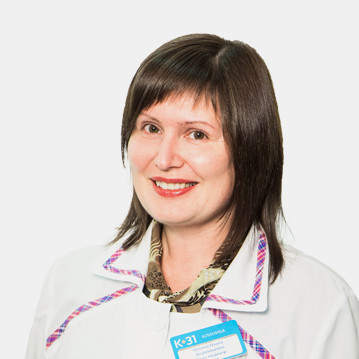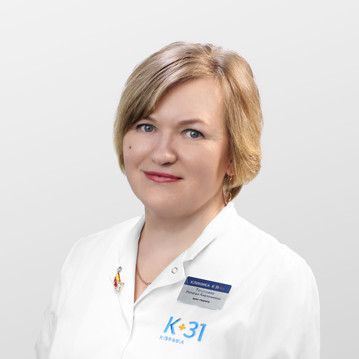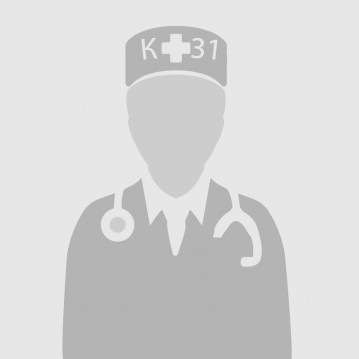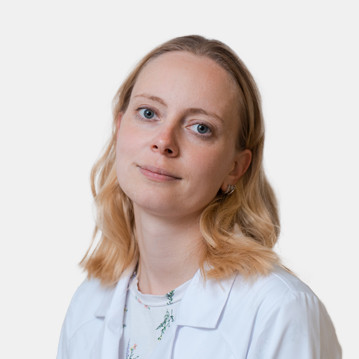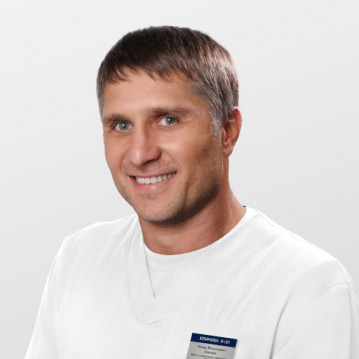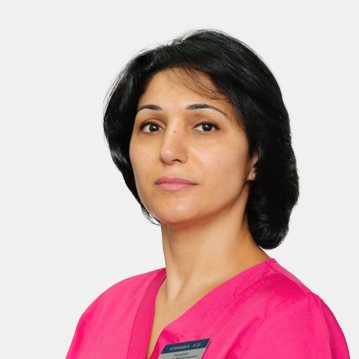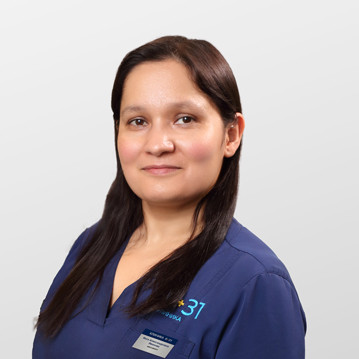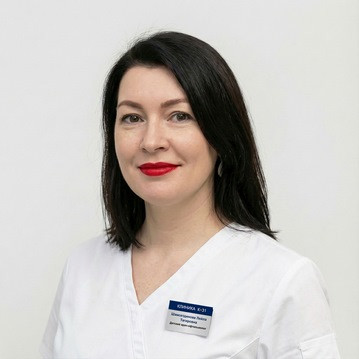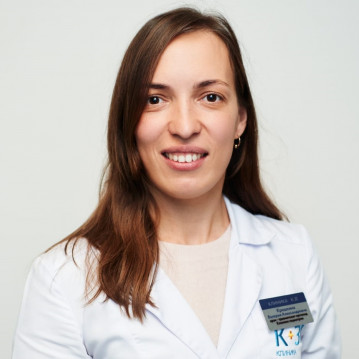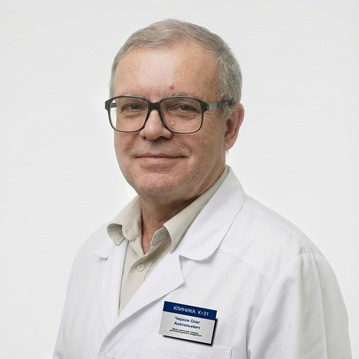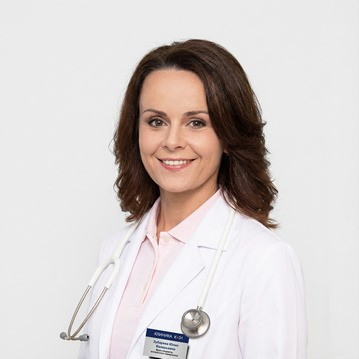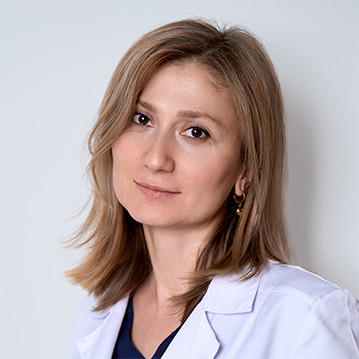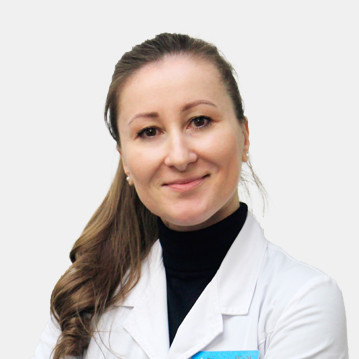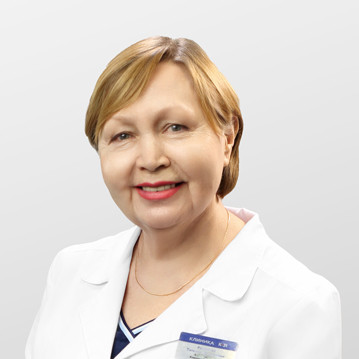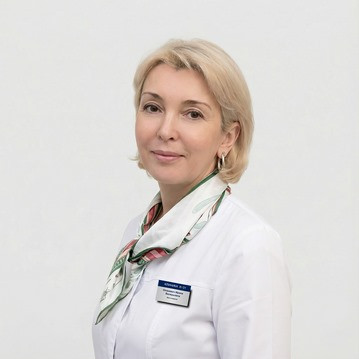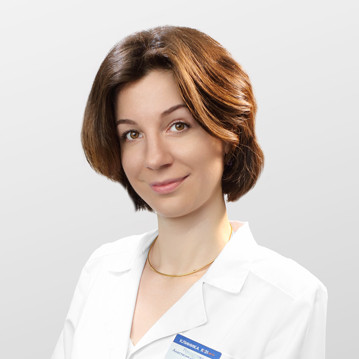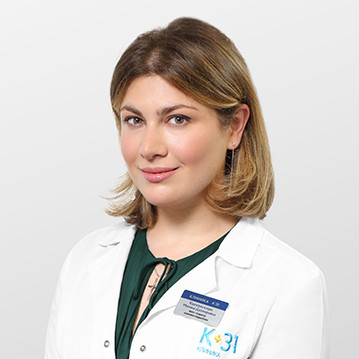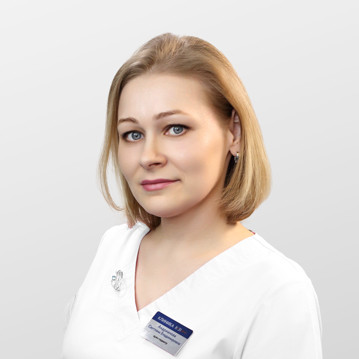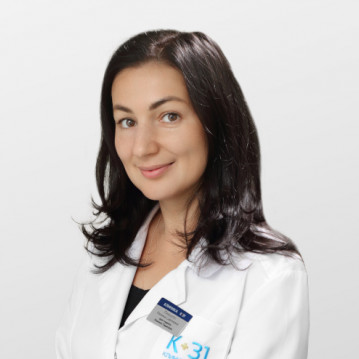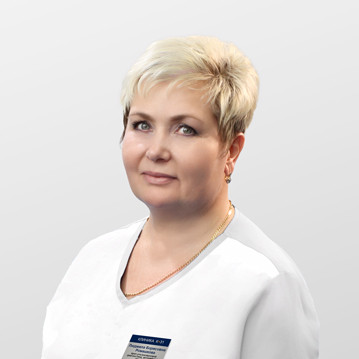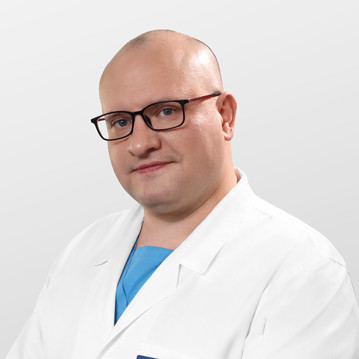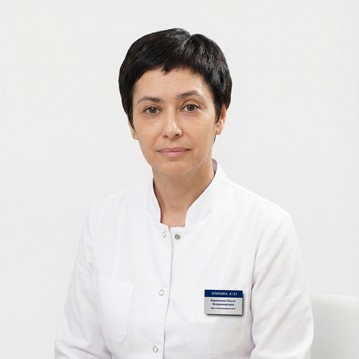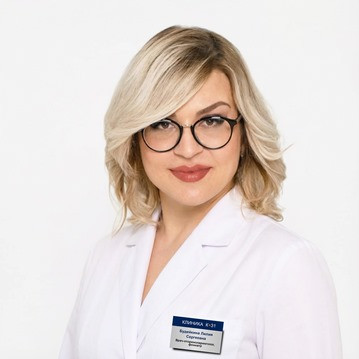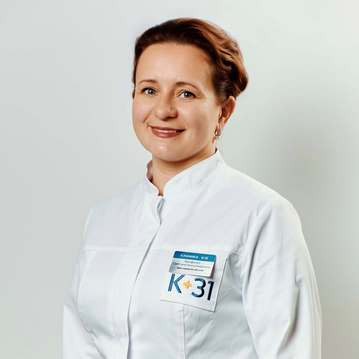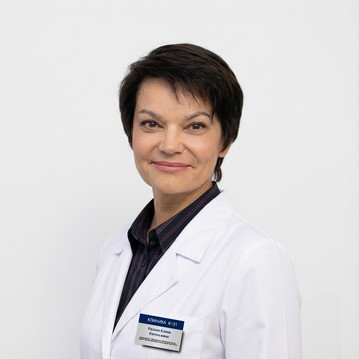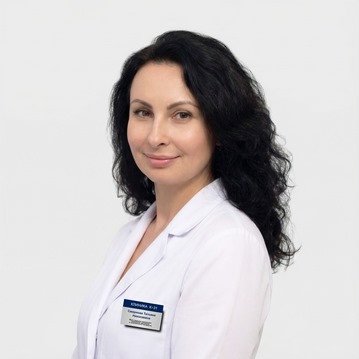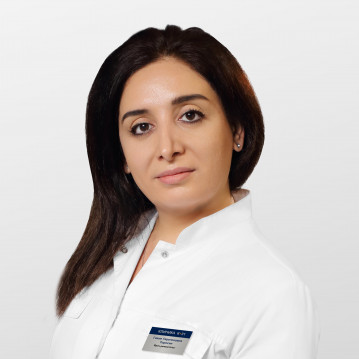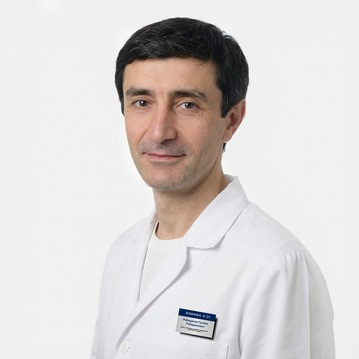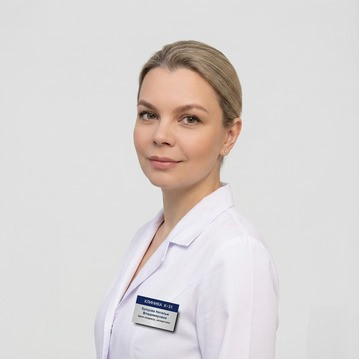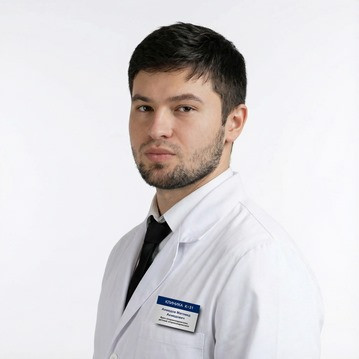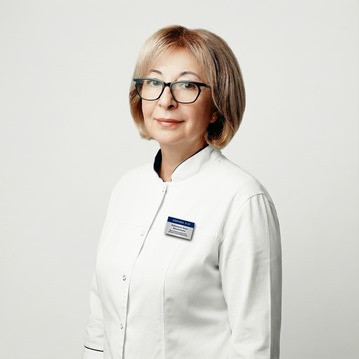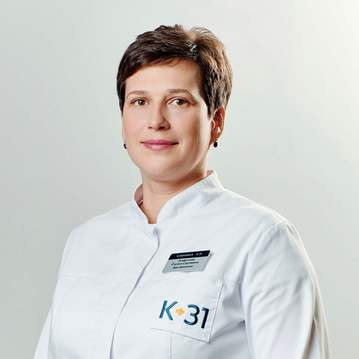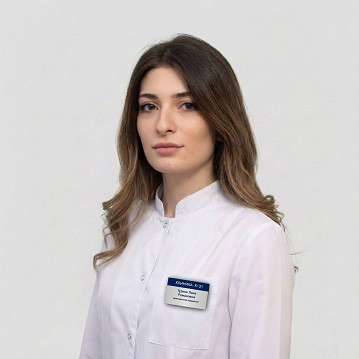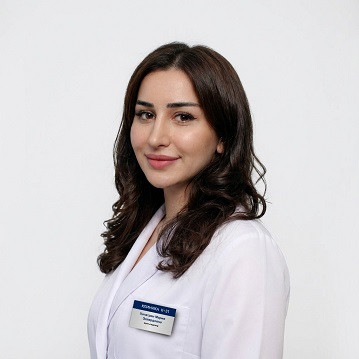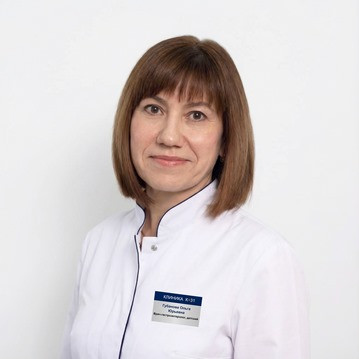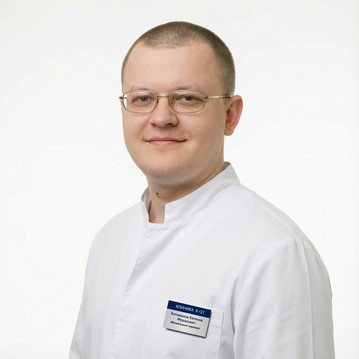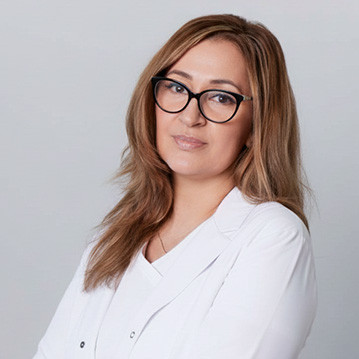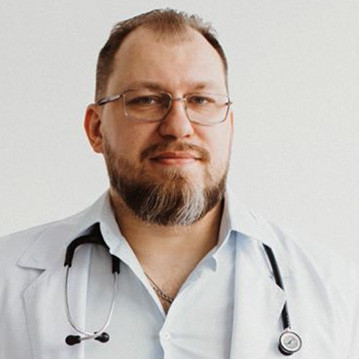Blood is the link between organs and systems. It ensures the normal course of processes in the body. Blood functions:
- Transport. Delivers oxygen and nutrients to cells, takes away decay products formed as a result of chemical reactions. It also transfers hormones involved in the regulation of many processes.
- Regulatory. Maintains blood pressure, body temperature within acceptable limits.
- Protective. The cells of the immune system fight viral, bacterial, fungal pathogens. Due to the work of the coagulation system, blood clots form at the site of vascular damage, which clog the opening, preventing blood loss.
- Controlling. Circulating complexes are responsible for the removal of mutated cells that cause cancer.
With a deviation in the work of the circulatory system, not only its functions are disturbed, but also the work of the whole organism. The pathology is treated by a hematologist.
Hematology as a science includes diseases associated with changes in the number of blood corpuscles, and oncological pathologies of the hematopoietic system.
Diseases treated by a pediatric hematologist
The doctor deals with the treatment of pathologies of the circulatory system. The main diagnoses with which they turn to the pediatric hematologist of the K+31 clinic:
- anemia of any origin;
- acute and chronic myeloid leukemia, lymphocytic leukemia;
- multiple myeloma;
- hemophilia;
- Waldenstrom macroglobulinemia;
- lymphoma;
- autoimmune thrombocytopenia.
